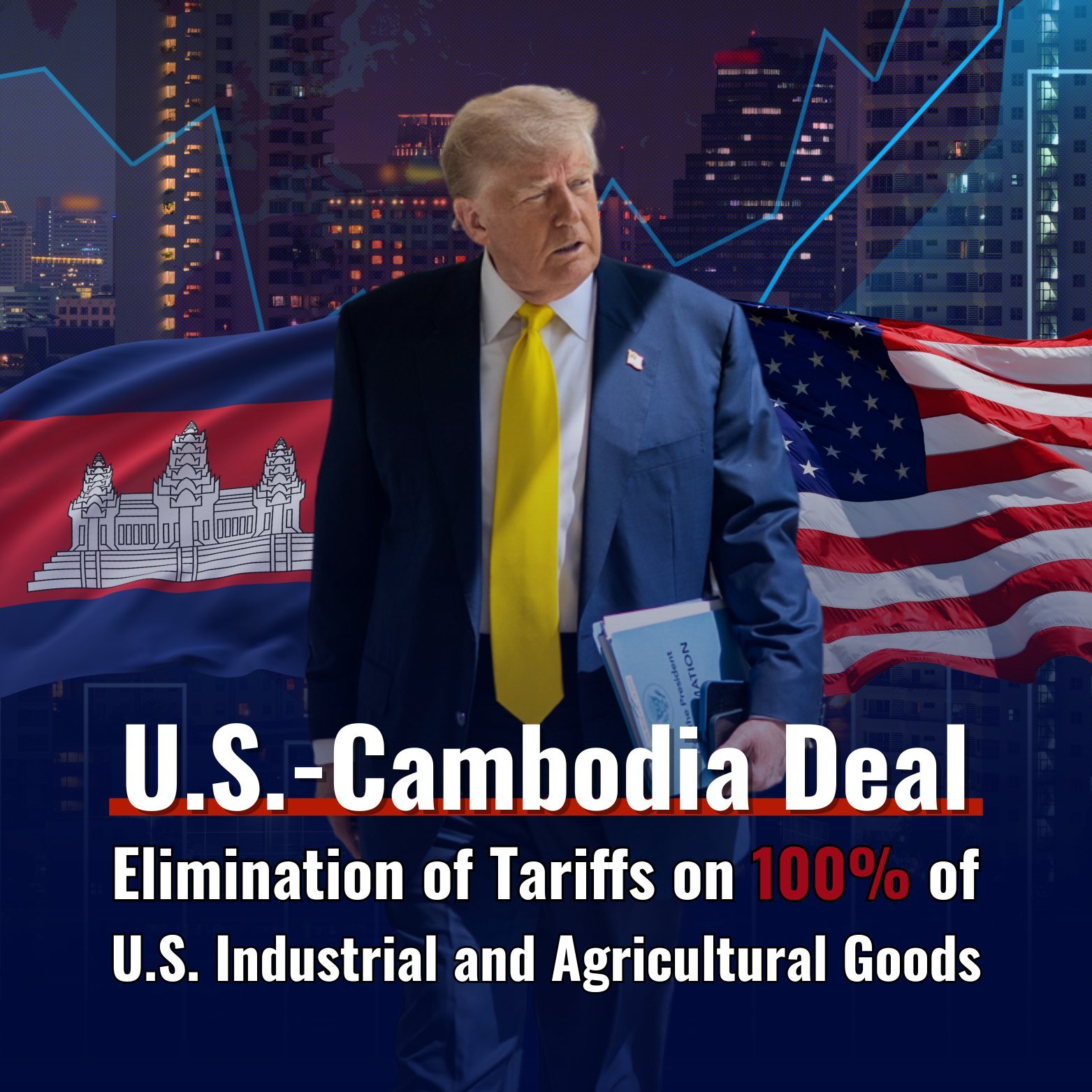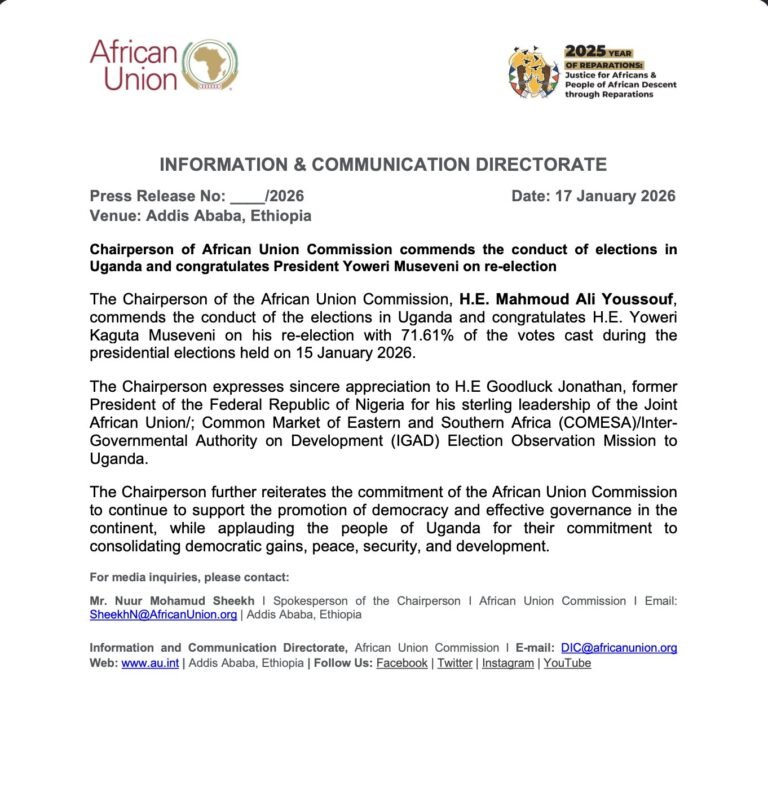
Trump Secures “Landmark” Reciprocal Trade Agreement with Cambodia
WASHINGTON, D.C. – In a move hailed by the White House as a major victory for American workers and exporters, President Donald J. Trump signed a comprehensive trade agreement with Cambodia on Wednesday, fundamentally reshaping the economic relationship between the two nations.
The U.S.-Cambodia Agreement on Reciprocal Trade, described as a “landmark” deal, is designed to level a playing field the administration has long criticized as unfair. The agreement centers on Cambodia eliminating all tariffs on American goods, while the U.S. will maintain a reciprocal tariff structure for most Cambodian imports.
“For decades, American workers and businesses have been forced to tolerate unfair trade practices that have disadvantaged them,” a White House fact sheet stated. “President Trump has delivered a forward-looking and tough trade deal… this deal is what winning looks and will feel like for all Americans.”
Key Provisions of the Deal
The core of the agreement involves Cambodia eliminating tariffs on 100% of U.S. industrial and agricultural goods, providing what the administration calls “unprecedented” market access for American exporters.
Beyond tariffs, the pact addresses a wide range of trade barriers:
· Non-Tariff Barriers: Cambodia has committed to streamlining import regulations, accepting U.S. safety standards for vehicles, and recognizing U.S. certifications for medical devices, pharmaceuticals, and agricultural products. This is expected to significantly ease the process for American farmers and manufacturers to sell their goods in Cambodia.
· Digital Trade and Intellectual Property: The deal includes commitments to support a moratorium on duties for digital products, ensure the free flow of data across borders, and strengthen the protection and enforcement of U.S. intellectual property.
· Protecting American Producers: Groundbreaking provisions will protect U.S. cheese and meat producers who use common names, ensuring their market access is not restricted by geographical indications (GIs). Cambodia has also agreed to address distortions caused by its state-owned enterprises and manufacturing subsidies.
· Labor and Environment: The agreement includes commitments from Cambodia to bolster labor rights, including prohibiting goods made by forced labor and protecting workers’ rights to unionize. It also commits the nation to maintaining high levels of environmental protection.
A Path to Reducing the Deficit
The agreement is seen as a direct effort to address the U.S. trade deficit with Cambodia, which was $12.3 billion in 2024, making it America’s eighteenth largest goods trade deficit.
The White House framed the deal as a direct result of President Trump’s April 2 declaration of a national emergency in response to the persistent U.S. goods trade deficit, which he attributed to a lack of reciprocity in international trade.
“The United States and Cambodia are committed to strengthening cooperation to increase supply chain resilience,” the fact sheet noted, highlighting a shared goal of confronting “unfair trade policies of third parties.”
The two nations will now undertake applicable domestic procedures to bring the agreement into force, “locking in benefits for American businesses and workers.” The announcement also noted a new commercial deal in the aerospace sector, further boosting U.S. exports to the Southeast Asian nation.






